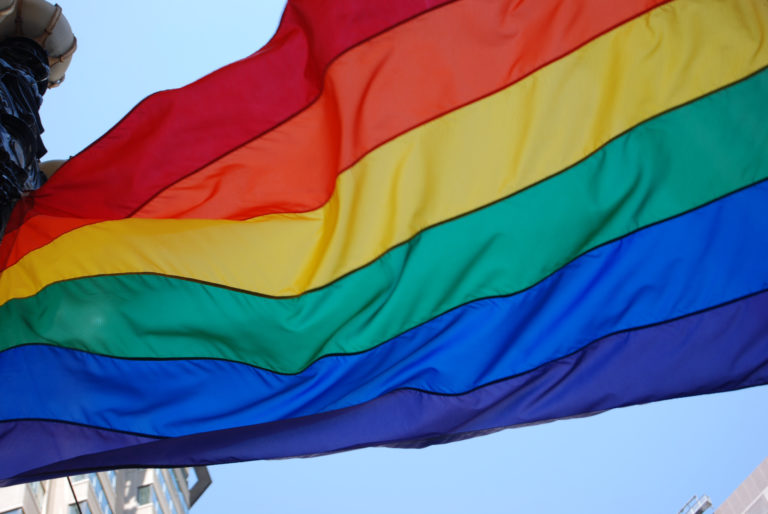Elected officials are critical to the COVID-19 recovery efforts, representing constituents’ interests in plans…
Women and the Covid-19 Vaccines

This month marks a full year since the Covid-19 pandemic emerged and upended nearly every aspect of American life. Addressing this health crisis and its related economic toll continues to be a top priority for local and state governments, Congress, and President Joe Biden, who recently set an expectation that on July 4th 2021 the country will “begin to mark our independence from this virus.”
Vaccines that protect against Covid-19 are a major element of recovery efforts. As of March 24th, the New York Times reports that 25% of the U.S. population has received at least one dose of a vaccine, and 14% are fully vaccinated. With three-quarters of the population unvaccinated, discussions of dose availability, efficacy, and results are dominating headlines and everyday conversations about the economy, work, school, travel, and more.
According to Gender on the Ballot’s recent polling of women voters, She Votes: Women, The Workplace, and Pandemic Politics (fielded nationally this February), over 80% of women overall intend to get the vaccine, and 18% say they will not get vaccinated. However, vaccine sentiment shifts along political party lines and based on geographic demographic—30% of Republican women, and 25% of women who live in a rural area, said they will not get vaccinated.
As reported at other points in the vaccine rollout, She Votes found that race is a factor in both vaccine access and in how women view the Covid-19 vaccine. White women are over 2x as likely to already be vaccinated as women of color; 19% of white women reported that they had already been vaccinated compared to 8% of women of color. The poll also found that 66% of women are concerned about vaccine distribution disparities—specifically that vaccines are disproportionately going to white Americans and are less accessible to Black and Hispanic Americans. An even greater share of women, 82%, are concerned that Covid-19 has caused significantly more deaths and health issues in communities of color, and a similarly high percentage of women, 77%, are concerned that Covid-19 has broadly made inequality in our country much worse.
In terms of enthusiasm to receive the vaccine, 9% of total women polled said they “intend to wait and see how things are going” before getting vaccinated, but that number rises to 38% among women of color specifically.
As women grapple with what the vaccine rollout means for them personally, they may also be taking on a higher share of vaccine planning for those they love. The vast majority of respondents to She Votes (89%) indicated that women in their families “usually take responsibility for helping other family members” do things like signing up for the Covid-19 vaccine. Only 11% of women believe that the men in their families typically shoulder this kind of task.
Read more of the findings from She Votes, which was conducted by the Benenson Strategy Group among 809 women who voted in the 2020 presidential election and who are likely to vote in the 2022 midterm election.
In case you missed the Women & Politics Institute’s “Women on Wednesdays” virtual discussion that explored the issues shaping women voters and their political opinions one year after the start of the pandemic, you can watch the full replay here.






